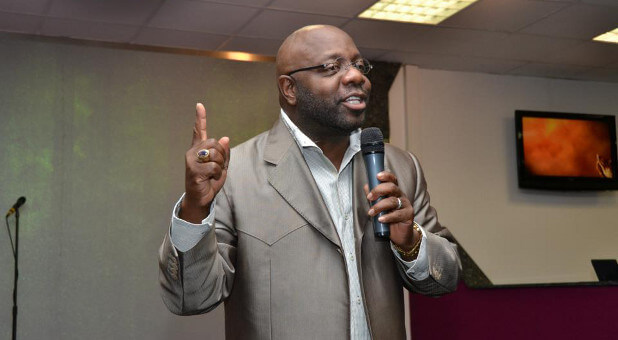On a mission trip to Sri Lanka, I had a most memorable conversation with a young man I had met more than 11 years ago. Then a 14-year-old Tamil boy, he struggled to survive amidst a bloody civil war raging a few miles from his village.
He recounted some of the most difficult times in his formative years that included living in a nation at war. He had deep appreciation for his father, a converted Hindu, who went to great lengths to protect him from the Tamil Tigers that reportedly forced families to sacrifice their sons for the cause. He recounted the indoctrination and the pressure he faced at the hands of school officials with direct ties to the Tamil Tigers on a daily basis in the classroom.
He spoke of the Tsunami that killed nearly 20,000 people. He told of the war’s violent end that forced hundreds of thousands of people into refugee camps just a few miles outside of his village.
As I continued to engage this remarkable young man, I asked how he was able to succeed in avoiding the partisan bitterness, injustice and racial hatred apparent in many quarters amongst his people. His reply was, “My father guided me through example, advice, instruction, habit and strong correction.”
After completing high school, he fled the country to be educated in India, as most Tamil boys his age desired if funds were available. His graduation from trade school and the war’s end dovetailed with his return to Sri Lanka two years ago. Instead of relocating to a more prosperous nation or pursing a lucrative profession, he chose to return home and serve his beloved father.
As a boy, this young lad would talk with his father about everything, including the church, business and how he could best impact his nation. Armed with many of the golden nuggets that he picked up while working closely with his father, he now owns three motorcycle shops with seven employees—in a still postwar ravaged Sri Lanka—at the young age of 24.
Following his father’s footsteps, he provides substantial financial support to the vast work we do with feeding, clothing and educating many widows, orphans and the poor throughout Sri Lanka.
The generosity of truly converted indigenous leaders never ceases to amaze me. Like Timothy of the Bible, our strongest workers are disciples in a Christian home. The most powerful workers are the men who have had great dads.
As a young black boy reared in the South in the 1960s, I faced my own war. Even though I was located thousands of miles away, we had the same enemy—racial hatred and injustice.
Like my young friend, I had a father who guided me through example, advice, instruction, habit and strong correction. His continuous message of love and forgiveness rings as clear as a bell in my ears to this day. A loving father present in our lives from beginning to end to provide direction, challenge, encouragement and correction is the one common denominator between us.
With so many fathers absent from the home and church, what can a pastor really do? We have to use what’s in our hands.
It is imperative that we begin networking with neighboring churches to train the men in the pews how to become real heroes—fathers. Strong fathers and male mentors are still essential to successfully disciple the next generation. It takes a father to raise a son and a son to become a father. Paul told the church at Corinth, “Though you might have ten thousand instructors in Christ, yet you do not have many fathers” (1 Cor. 4:15).
Fathering works everywhere it’s tried and every time its tried; therefore, pastors I challenge you to stop looking at your men as mere members but as fathers capable of discipling a generation of sons, so one day they, in turn, will become fathers.
Bishop J. Alan Neal is the senior pastor of Agape Christian Faith Center in Ramstein-Miesenbach, Germany. He is also the presiding bishop and CEO of Elijah’s Bread Ministers, founded primarily to evangelize and provide support to the unreached people groups within the 10/40 Window and to provide spiritual leadership and covering to churches throughout Europe, Asia and North America. Bishop Neal is a member of the International Apostolic Council of the International Communion of Evangelical Churches.











































